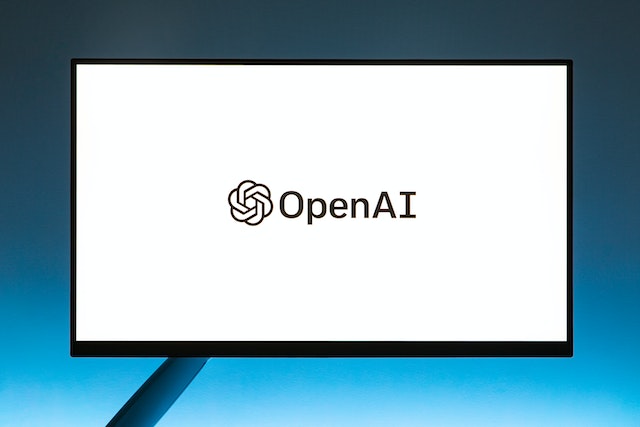
The federal agency said that it is open to assigning ownership to AI-generated work on a "case-by-case" basis in new advice regarding AI and copyright law that was published.
Shira Perlmutter, head of the Copyright Office, said that the office will examine whether the AI contributions are the result of mechanical replication or instead of an author's own original mental concept, to which [the author] gave visible shape.
In essence, how someone utilizes AI to create content will determine whether or not it is copyrighted work. You may ask it to create a poem in the manner of William Shakespeare or a song about chicken wings in the manner of Jimmy Buffett, as we've seen with ChatGPT and Bing Chat. Nevertheless, since generative AI produces complex textual, visual, or musical works in response, the conventional components of authorship are decided and implemented by the technology, and the Office would not recognise this as copyrighted property. It doesn't count since the user had no creative input into how the AI evaluated and presented the work.
The federal agency said that it is open to assigning ownership to AI-generated work on a "case-by-case" basis in new advice regarding AI and copyright law that was published.
Shira Perlmutter, head of the Copyright Office, said that the office will examine whether the AI contributions are the result of mechanical replication or instead of an author's own original mental concept, to which [the author] gave visible shape.
In essence, how someone utilizes AI to create content will determine whether or not it is copyrighted work. You may ask it to create a poem in the manner of William Shakespeare or a song about chicken wings in the manner of Jimmy Buffett, as we've seen with ChatGPT and Bing Chat. Nevertheless, since generative AI produces complex textual, visual, or musical works in response, the conventional components of authorship are decided and implemented by the technology, and the Office would not recognise this as copyrighted property. It doesn't count since the user had no creative input into how the AI evaluated and presented the work.












